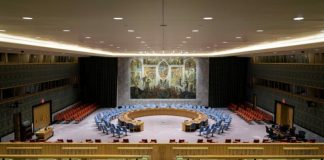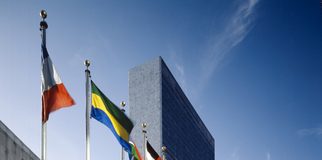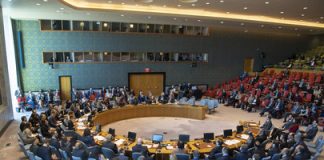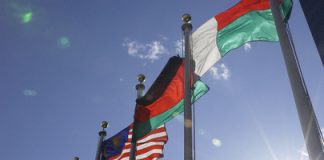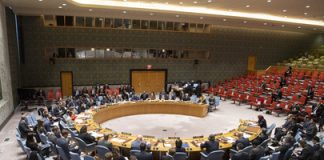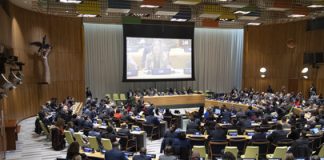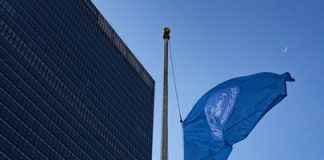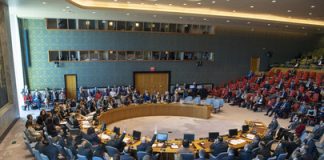ADVERTISING SPOT 7: CONTACT US TO PROMOTE YOUR ADS HERE
- Home
- Continents
- Science and Faith
- Politics
- Legal
- Business
- Books
- Origins of the universe, life, and chemical particles
- Accurate Scientific Proof of God
- Origin of the Universe
- Origin of Life
- Origin of Chemical Particles
- From Science to Bible’s Conclusions
- Reconciling Science and Creation Accurately”
- Origin of the Spiritual World
- How Baby Universe was Born
- How God Created Baby Universe
- The Most Influential Contemporary African Diaspora Leaders
- Book Publishing
- MORE
- Humanitarian
- African Diaspora Leaders
- Arts & Entertainment
- Lifestyle, Beauty, Culture & Opinion
- Health, Food & Groceries
- Sports, Hobbies, Games & Fitness
- Jobs & Career Development
- Diaspora Engagement
- Legal, Human Rights, Gender, Children
- Travel & Tourism
- Subscribe to Newsletter
- Diaspora Map
- Diaspora
- Portuguese / Português
- French / Français
- Spanish / Español
- About Us
- Contact Us
ADVERTISING SPOT 8: PLACE YOUR ADVERTISEMENT HERE
Legal, Human Rights & Gender
POPULAR CATEGORIES
- Others-UN15201
- Portuguese / Português4956
- French / Français3322
- Spanish / Español2762
- Global News2708
- Immigration, Brain Drain & Refugees1350
- Legal, Human Rights, Gender, Children1128
- Philanthropy & Humanitarian610
- Politics & Governance572
- African News537
- African Diaspora Leaders424
- African Diaspora Leaders in North America412
Copyright © Global Diaspora News, 2026. All rights reserved. Global Diaspora News is not responsible for the content of external sources and external sites.


